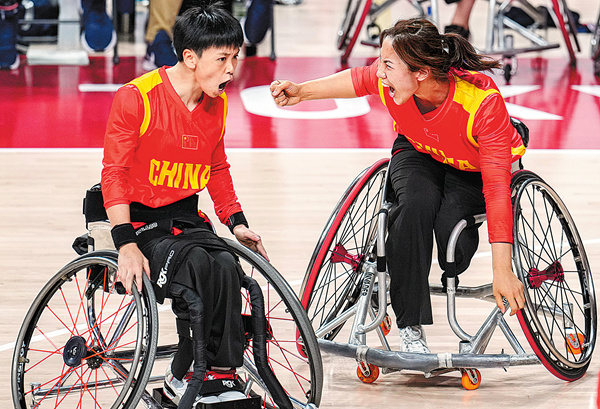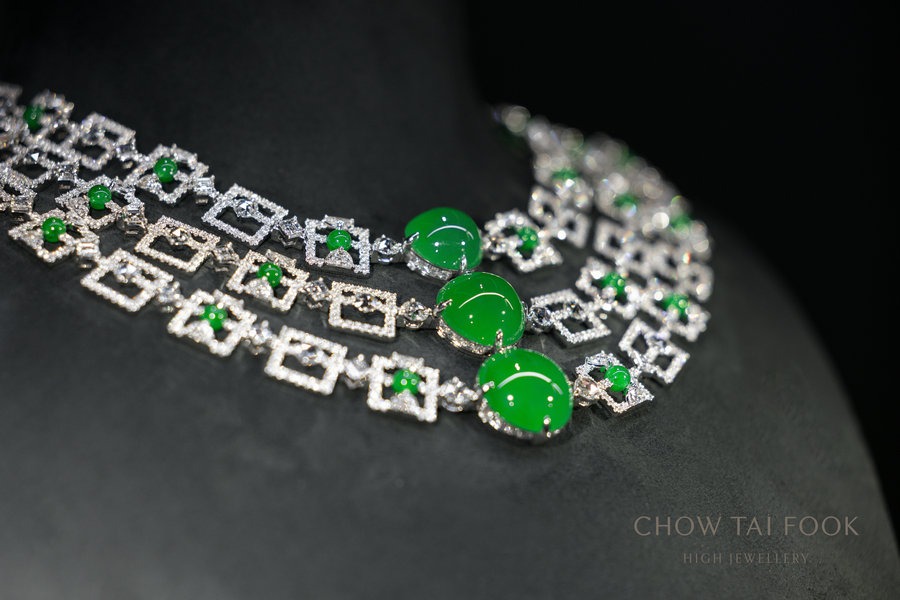Courting success


Silver medals
The year 2009 marked the start of Dai's basketball career. She found it much more challenging than the sport she watched on TV. The players have to do more. They must first control their wheelchairs with their hands, drive it back and forth with arm strength only and then actually play the game.
It requires extreme patience to master the wheelchair on court and make it not an accessory, but actually an extension.
Dai and her teammates all have calluses on their hands from the hundreds of hours devoted to training.
Chen Xuejing, a player from the Beijing team, says that when she first took up the sport, blisters on her hand "broke and formed again, and again and again, and it's been very painful".
But the calluses are nothing compared with the countless injuries they get from the repetitive and combative training.
Wheelchairs are not legs and athletes are often unable to control them fully.
Collision and injuries occur.
"If we go through one afternoon of training without injuries, we consider ourselves lucky and celebrate our good fortune," says Dai.
Furthermore, their training is as intensive as that of regular basketball teams, too.
Since November 2020, the national team has assembled in Beijing and Guangzhou for training.
When the pandemic prevented them from going to Yunnan province to sample the high altitude conditions on the plateau there, they just wore breathing masks to try and simulate the lack of oxygen.
It was through such efforts that the Chinese national wheelchair basketball teams can compete with the best in the world.
The sport first emerged in China in 1984, and was listed as an exhibition sport at the first National Games for Persons with Disabilities, which led to many provincial-level administrative regions founding wheelchair basketball teams.
In 1995, the national wheelchair basketball team made its first foray overseas to participate in the Paralympic selection contest in Tokyo, Japan. In 2016, they ranked sixth at the Rio Paralympics in Brazil.
On Sept 4, 2021, the national women's wheelchair basketball team, in which Dai was a player, won silver at the Tokyo Paralympics.




































